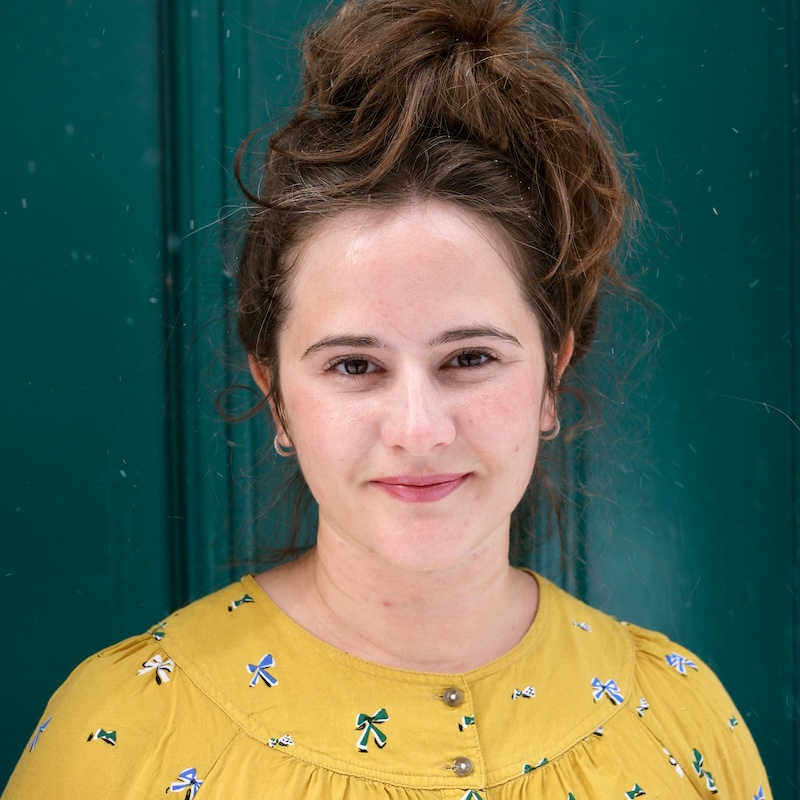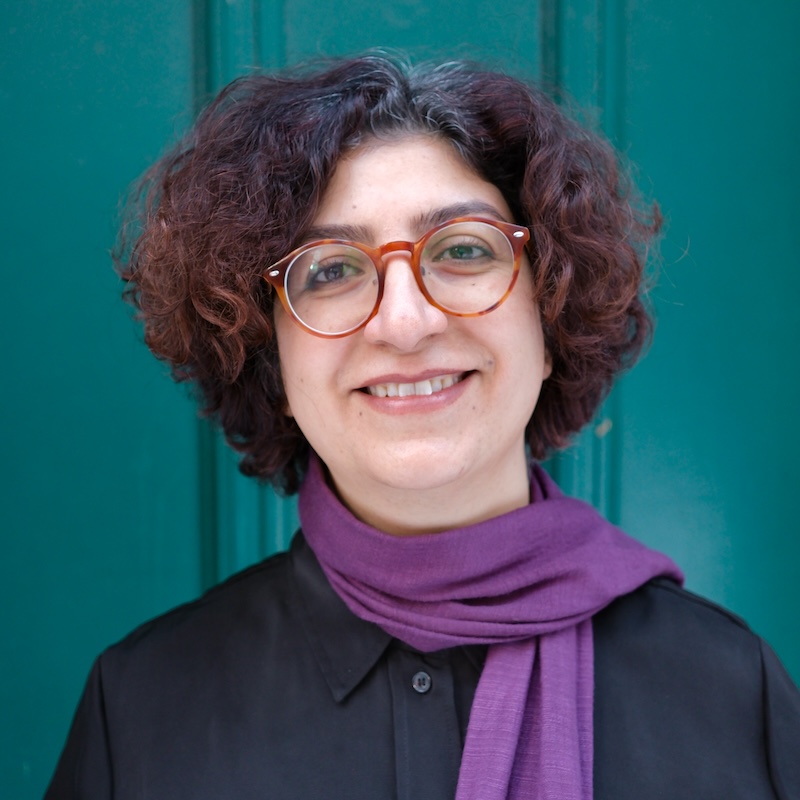
Envisioning community safety beyond police and prisons

Background
I recently completed my Master of Science in Biochemistry at McGill. My research focused on viruses with applications in cancer therapy and the agricultural industry. Besides my scientific research, I am passionate about science communication, educational development, and community and justice work.
My project at B21 aims to envision community safety through an abolitionist lens. I hope to examine what a world without prisons and police would mean for our community and ask how we create a collective sense of safety in both the present and future. How might we achieve safety through investment of resources into housing, healthcare, food security, education, childcare, and community programming, rather than a reliance on policing? I am further interested in understanding how our social relationships and behaviour must change in an abolitionist world. How do we view ourselves and our community members as agents with choice who have the capacity to choose and cause harm? What community-based measures might be in place to prevent harm and what consequences result when harm does occur? I think creating a safe abolitionist future necessitates fundamental changes in our relationships to society, each other, and ourselves; I am deeply interested in exploring just how much would have to radically change.
Reimagining Community Safety: An Abolitionist Approach
Summer 2020 brought an unprecedented awareness of the abolition movement into collective consciousness. Public demands for the defunding and dismantling of police departments of major cities were widespread and covered extensively by mass media. Modern abolition involves the eradication of police, the prison industrial system, and the laws that keep our societal belief in punishment alive. Through the BLUE internship, I want to re-envision community safety through an abolitionist lens. We’ve seen that police do not keep communities safe. There are racial inequities in the communities that police patrol and in the treatment of arrested and incarcerated people. Rather than a reliance on policing, how can we achieve safety through investment of resources into the community? In a world without police or prisons, what are the measures in place to prevent harm, and what are the consequences that result when harm does occur? While abolitionist ideas are not new, the movement is certainly experiencing a resurgence. I hope to creatively engage with new, concrete answers to old, abstract concepts and develop ideas that can be communicated, discussed and shared with our community.






.svg)